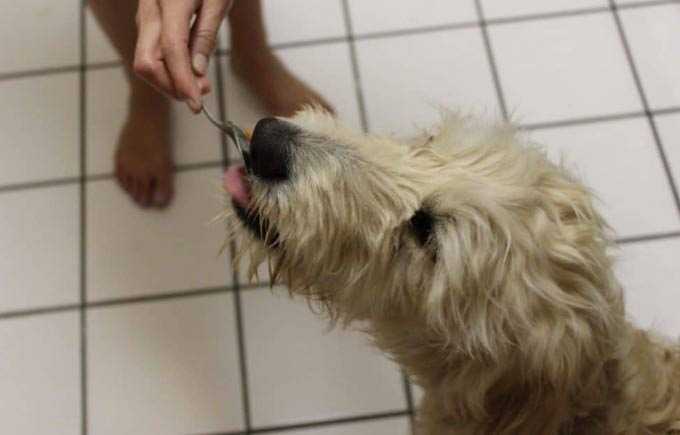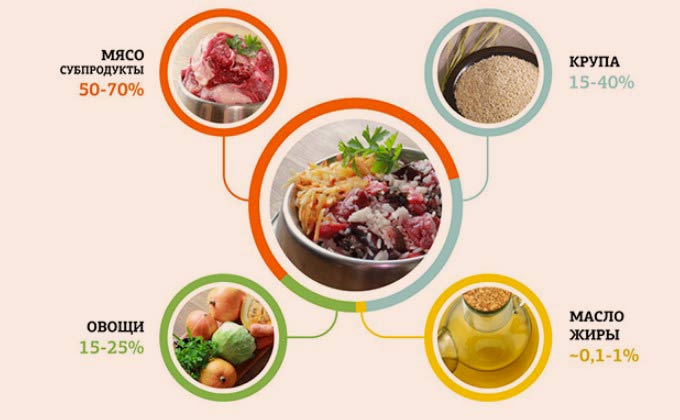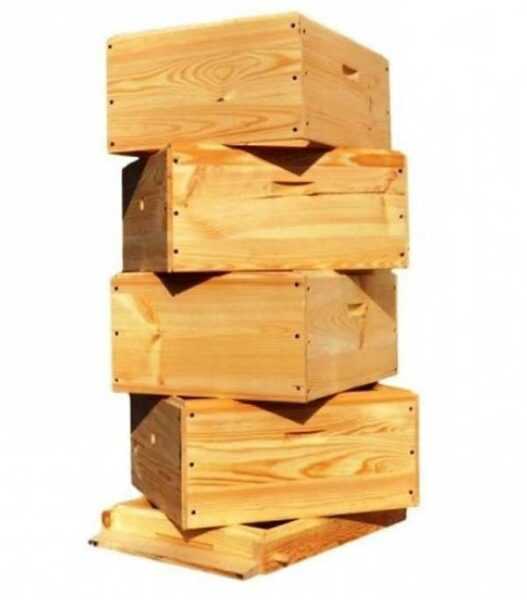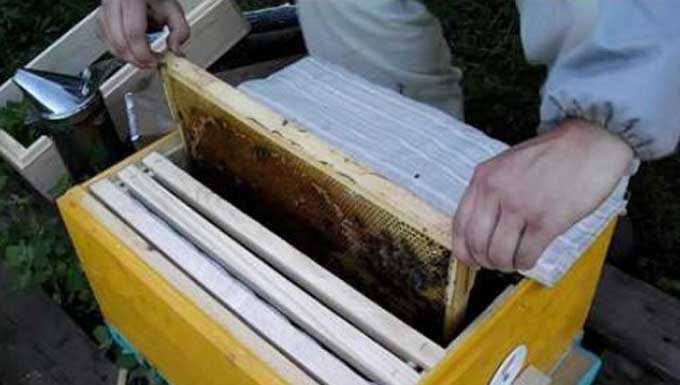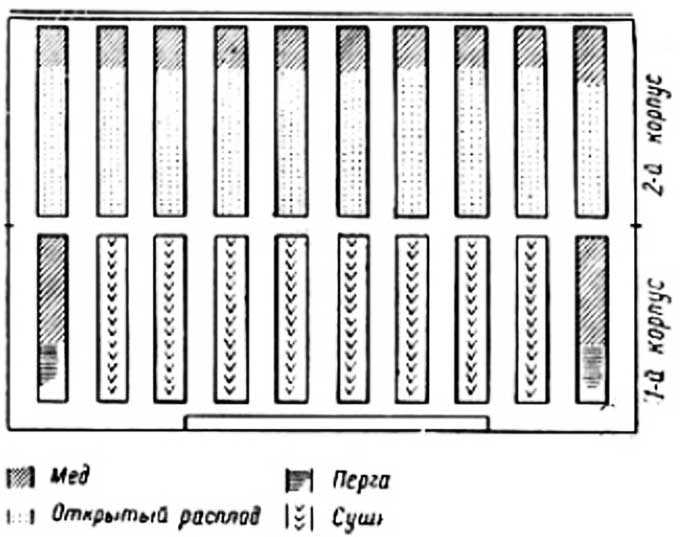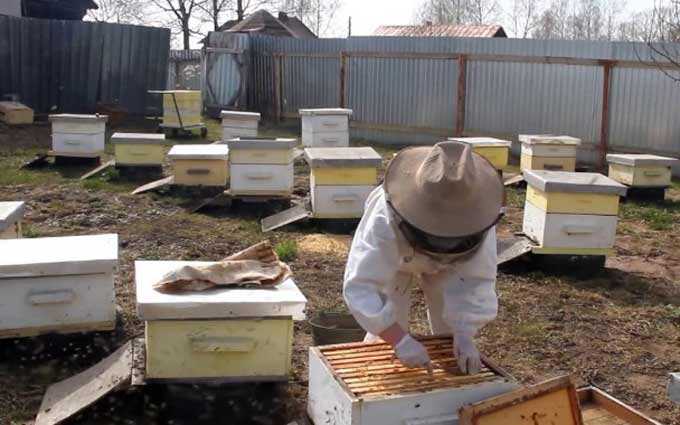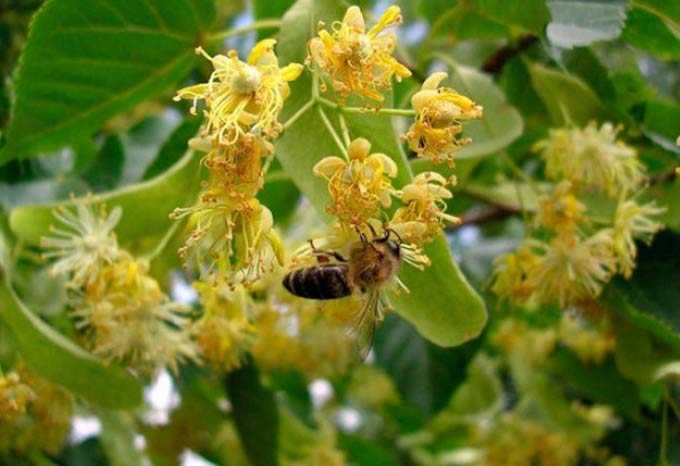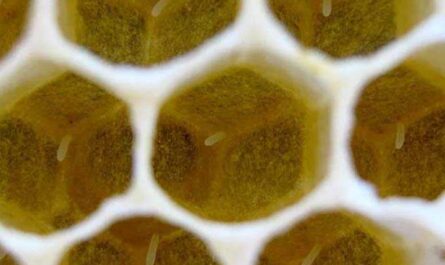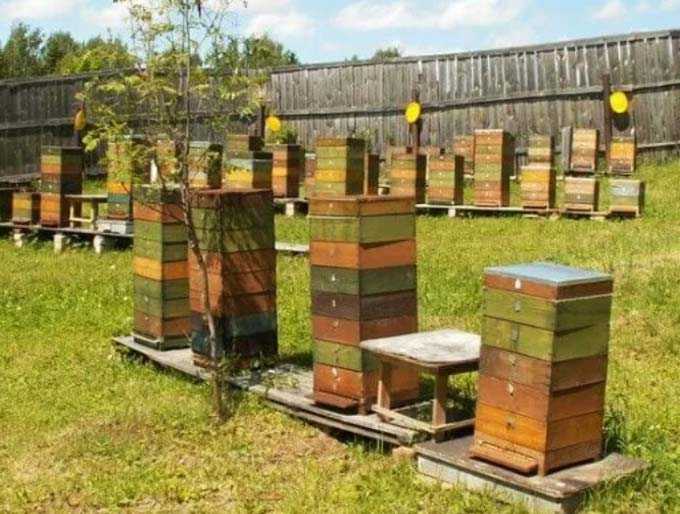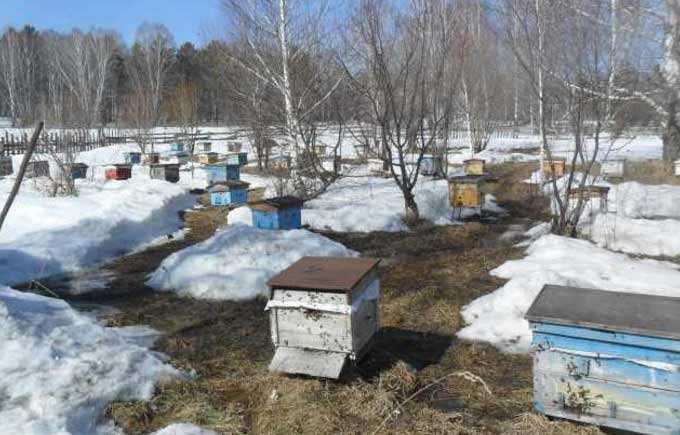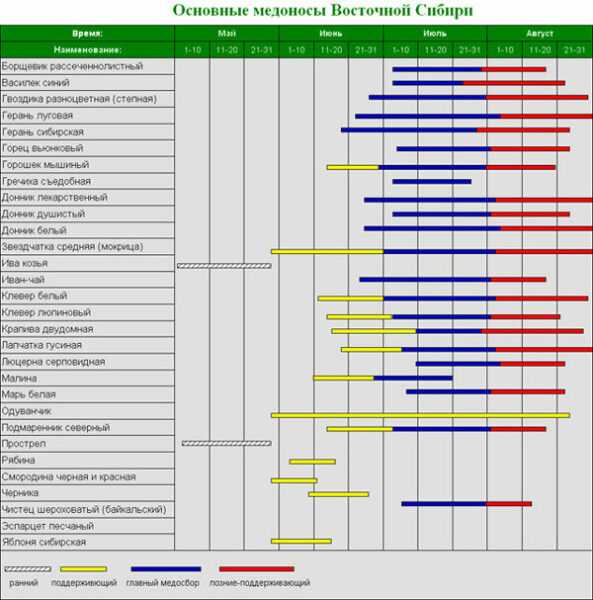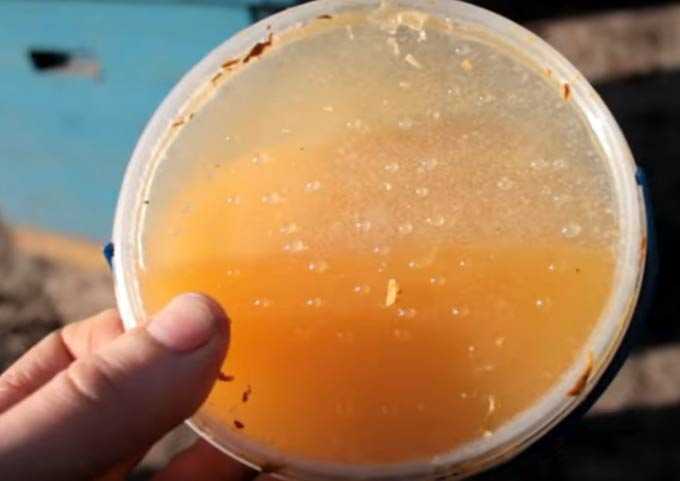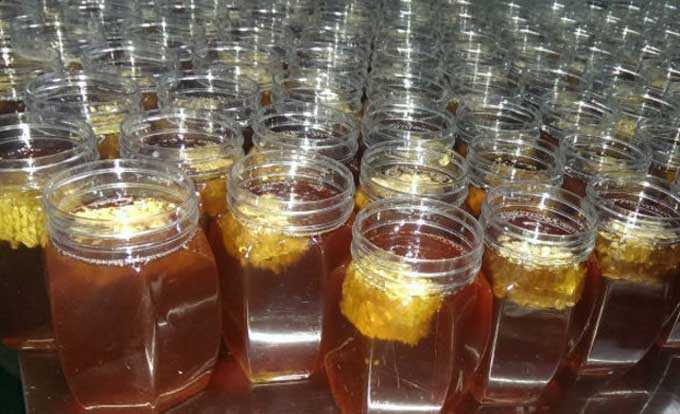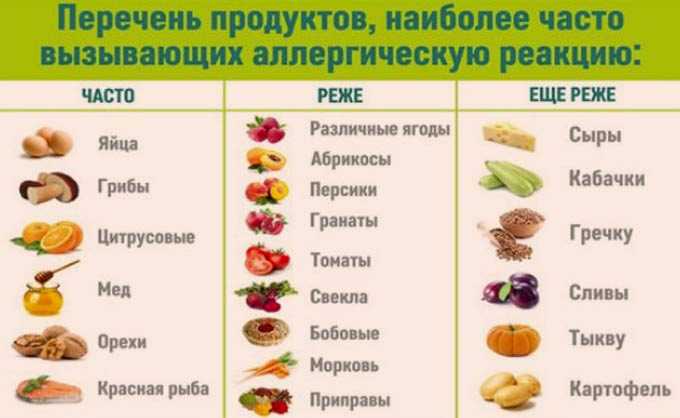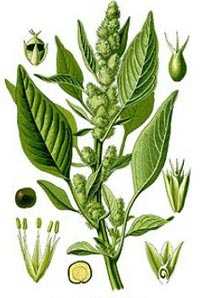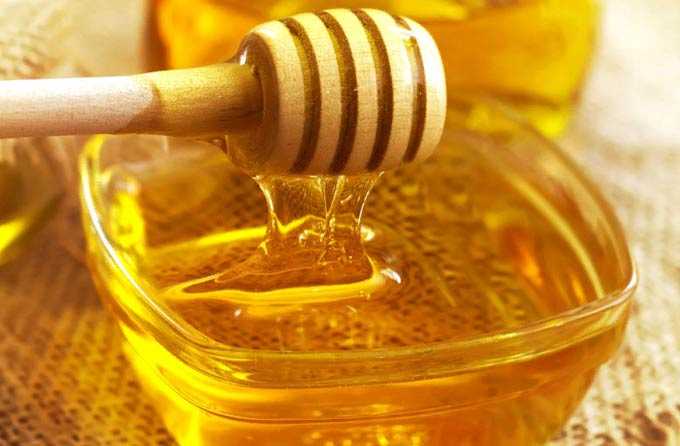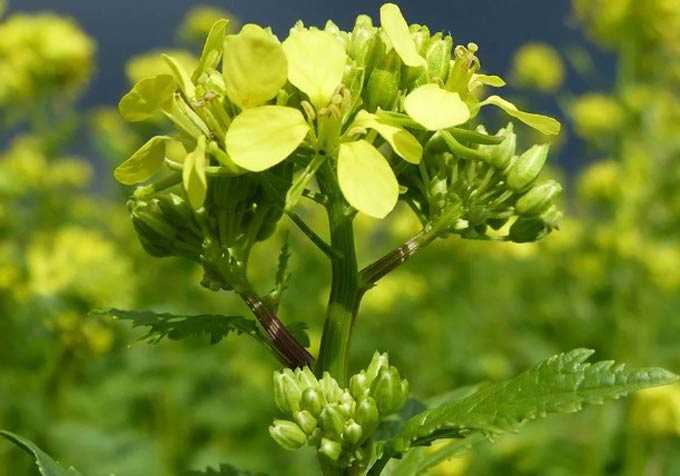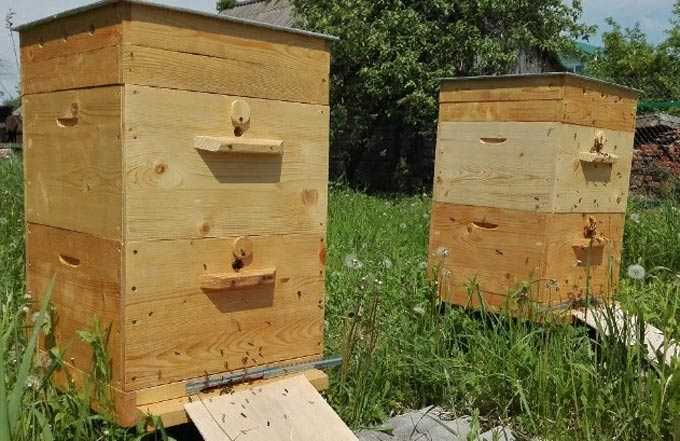Many dogs do not refuse the sweets offered by the owners. Pieces of fruit, chocolate, sweets appear on the pet’s menu. And he eats the treats with great pleasure. Can dogs get honey? After all, this product is much more useful than the fast carbohydrates mentioned above. There is no definite answer to this question.
The content of the article
- 1 Benefit
- 2 Harm
- 3 Dosage
- 4 Precautions
Benefit
Many articles have been written about the benefits of honey, including on our website. However, we are talking here about the introduction of the product into the human diet.
To read:
Natural bee honey – its benefits and possible harm
About the daily use of honey and its amount
Drinking natural honey on an empty stomach in the morning
Drinking honey at night
Can honey replace sugar during diet, when added to tea, coffee, baked goods?
Natural bee product is a source of:
- rare minerals;
- some vitamins (not all vitamins necessary for the human body are present in honey);
- biologically active substances that contribute to the suppression of pathogens.
As for pets, the owners act at their own peril and risk. Care must be taken with the honey product. It is not useful in all cases..
Most often it is given for medicinal purposes:
- puppies during teething, and even then not in pure form, but as an additive to milk or cottage cheese;
- sick adult dogs as a general tonic (the honey product is diluted in herbal decoctions).
The impact on the animal’s body in the listed cases is obvious. This enrichment with vitamins and minerals, normalization of digestion and metabolic processes.
Harm
Many veterinarians do not recommend giving natural honey or any other sweets to dogs on a regular basis for several reasons. The main ones are:
- high calorie content – the animal, when overeating carbohydrates, suffers from obesity;
- the ability to cause allergic reactions;
- adverse effect on tooth enamel.
Is it possible to give honey to dogs – a question so controversial that there is still no single answer to it. In some types of dry pet food, manufacturers deliberately introduce this bee product, considering it useful. Dog breeders do the same, stirring the honey product in milk or letting it lick off a spoon.
If your pet is not allergic to a natural honey product, the supplement is more beneficial than harmful. But giving it regularly or in large doses is not worth it..
Dosage
Dosages are the hardest part to figure out. When giving a bee product to a pet, you need to focus on its weight and age.
If there is a need for such a food supplement (depletion, vitamin deficiency, a cold, teething), a food tolerance test is done. Small dogs and puppies are literally dripped one or two drops of honey product, and large dogs are allowed to lick the tip of a teaspoon dipped in liquid honey.
With good tolerance, the following dosages are adhered to:
- puppies and small dogs – up to half a teaspoon twice a week;
- big dogs – from one teaspoon to a tablespoon twice a week;
- when teething and changing teeth – on the tip of a teaspoon (small dogs 1-2 drops) up to four times a week.
Treatment courses should not last longer than 1-1,5 months. It is also advisable to seek advice from a veterinarian. This specialist will give all the necessary recommendations related to the dispensing of honey.
Please note that it is not recommended to give a pure honey product. It is mixed with milk, warm herbal teas, and cottage cheese. This helps to avoid addiction to sweets.
More information here: How to take milk with honey yourself and give it to pets
Precautions
Having introduced your pet to a useful treat, you will have to avoid eating it uncontrollably. The product is stored in a closed container! You cannot leave honey in accessible places – on the table in a saucer, in an open jar.
It is necessary to control the daily menu… Ideally, it should consist of 70% protein foods – meat, offal. Another 15-25% is assigned to vegetables as a source of fiber and vitamins. Oils and fats do not provide more than 0,5-1% of the daily diet. With the introduction of the so-called slow carbohydrates, an average of 15% of the menu is allocated for them. And natural honey serves only as a food additive.
A balanced diet is especially important for small breeds like Chihuahuas. Whether it is possible for a Chihuahua to honey (and in general for medium-sized dogs) depends on the needs of the pet. Young dogs are given a drop of honey product once or twice a week when teething. In the future, you can use it for colds, vitamin deficiencies, constipation. It is believed that this beekeeping product improves the appearance – the coat becomes thicker, a healthy shine appears.
But it is not worth giving it to aged individuals. This rule applies not only to Chihuahuas, but also to any breed of dog. The older the four-legged pet, the more difficult it is for its pancreas and liver to cope with fast carbohydrates.
Remember: dogs do not have a special need for a honey product. In their natural habitat, their diet consists of meat and partly from herbal supplements such as grass leaves.
